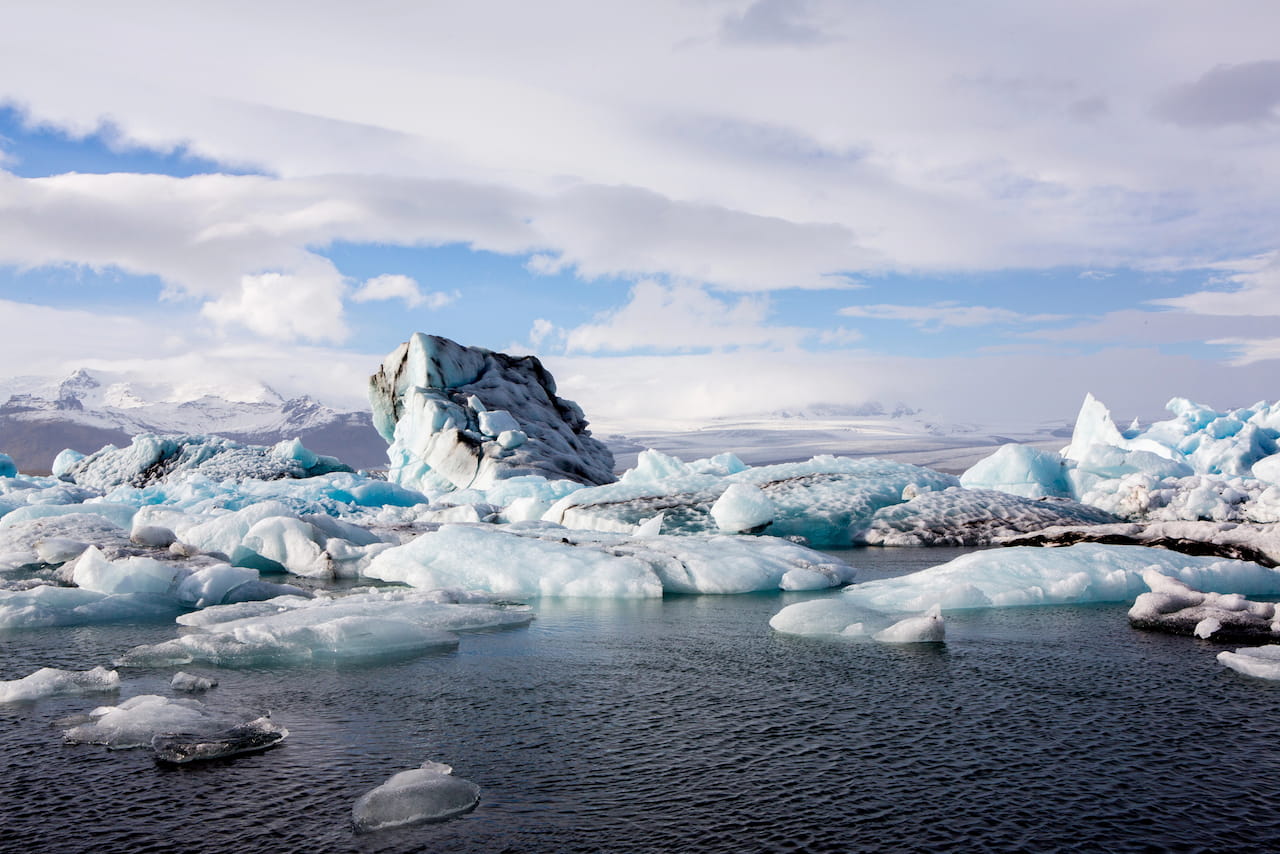The Impact of Melting Polar Ice on Earth's Rotation and Day Length
Tuesday, 16 July 2024, 10:15

Effect of Melting Polar Ice on Earth's Rotation
The impact of the melting ice masses in Greenland and Antarctica is becoming increasingly apparent. As the Earth warms, the changes in ice composition are affecting the planet's rotation, a phenomenon explored in a recent study supported by NASA.
Significance of Climate Change
- Earth's rotation: The study suggests that the Earth's rotation may be more influenced by the melting polar ice than previously thought.
- Lengthening of days: Changes in ice distribution could lead to alterations in the length of days, impacting various aspects of life on Earth.
- Warming planet: The role of greenhouse gases in accelerating the melting process underscores the urgency of addressing climate change.
This article was prepared using information from open sources in accordance with the principles of Ethical Policy. The editorial team is not responsible for absolute accuracy, as it relies on data from the sources referenced.